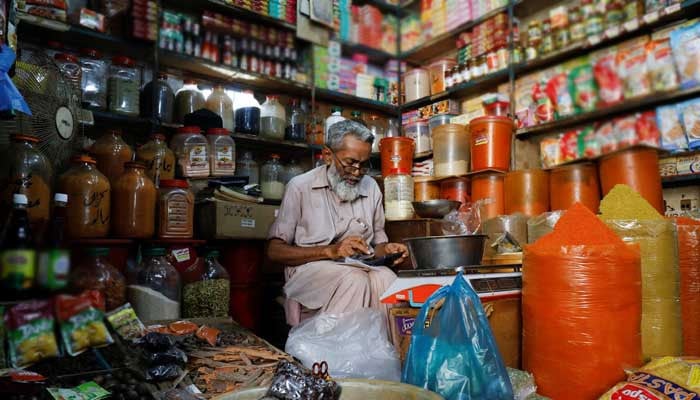Business
Alarms raised as food prices push CPI inflation to record 38% in May
-

 Latest News3 days ago
Latest News3 days agoThe PPP and PML-N will confer on power-sharing arrangements in Punjab today.
-

 Latest News3 days ago
Latest News3 days agoPakistani Internet: Everything you should know about “Africa-2” contemporary cables
-

 Latest News3 days ago
Latest News3 days agoAn NIH case of wild poliovirus was discovered in Balochistan, marking the 65th confirmed case of polio.
-

 Latest News3 days ago
Latest News3 days agoClimate-related challenges are growing in Pakistan, and the prime minister’s climate aide is advocating for gender-inclusive climate resilience.
-

 Entertainment3 days ago
Entertainment3 days agoHania Aamir reveals details about her troubled childhood.
-

 Business3 days ago
Business3 days agoWith its second-largest surge ever, PSX approaches 114,000 points.
-

 Latest News3 days ago
Latest News3 days agoGovernment-Opposition Discussions: Prime Minister Optimistic Regarding Favorable Resolution of Dialogue
-

 Latest News3 days ago
Latest News3 days agoWapda announces a revised timeline for the K-4 water project in Karachi.

























